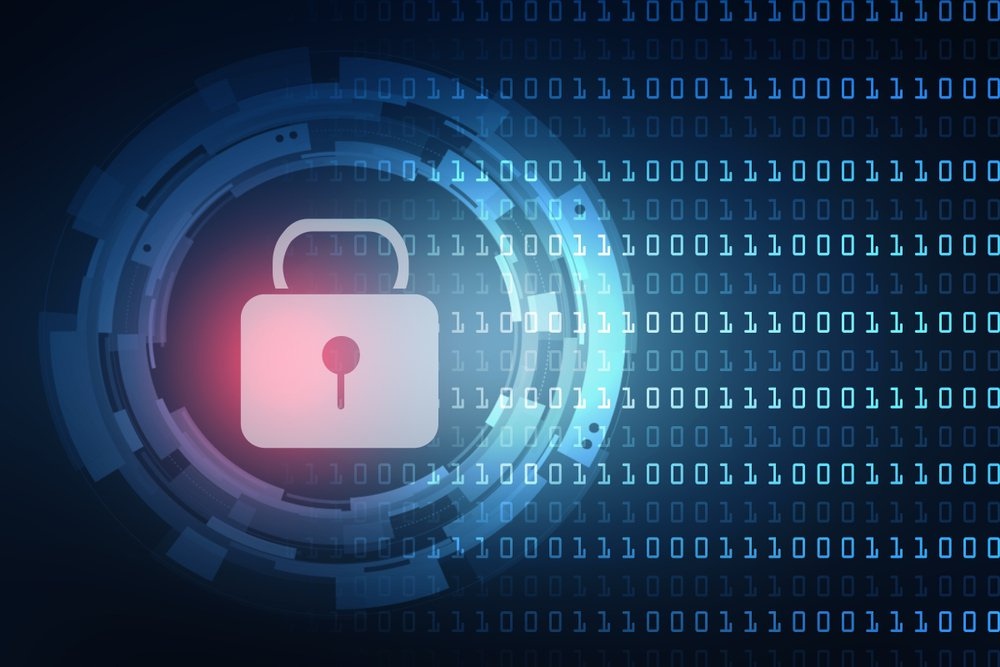
@ShahidNShah


Cybercriminals are capitalizing on coronavirus concerns, which have led to a spike in malicious online activity that will increasingly impact healthcare facilities and COVID-19 responders. The sophisticated methods used by hackers combined with the coronavirus pandemic have created a "perfect storm" of new targets and methods for hackers, RiskIQ said.
As more organizations move employees to work from home, remote staff make it harder for IT teams to police computer systems and prevent cyberattacks. Attackers now have far more access points to probe or exploit, with little to no security oversight.
Security personnel should track the company’s digital assets that are connected to the organization outside the firewall because attackers search for unknown, unprotected, and unmonitored digital assets. This is particularly important now as healthcare facilities’ digital attack surface expands and becomes more complex with some staff working from home.
Continue reading at fiercehealthcare.com
Artificial intelligence (AI) holds tremendous potential to change dynamics in healthcare, but it is also one of the least understood technologies, as myths, promises, and valid concerns create …
Connecting innovation decision makers to authoritative information, institutions, people and insights.
Medigy accurately delivers healthcare and technology information, news and insight from around the world.
Medigy surfaces the world's best crowdsourced health tech offerings with social interactions and peer reviews.
© 2025 Netspective Foundation, Inc. All Rights Reserved.
Built on Apr 25, 2025 at 12:44pm